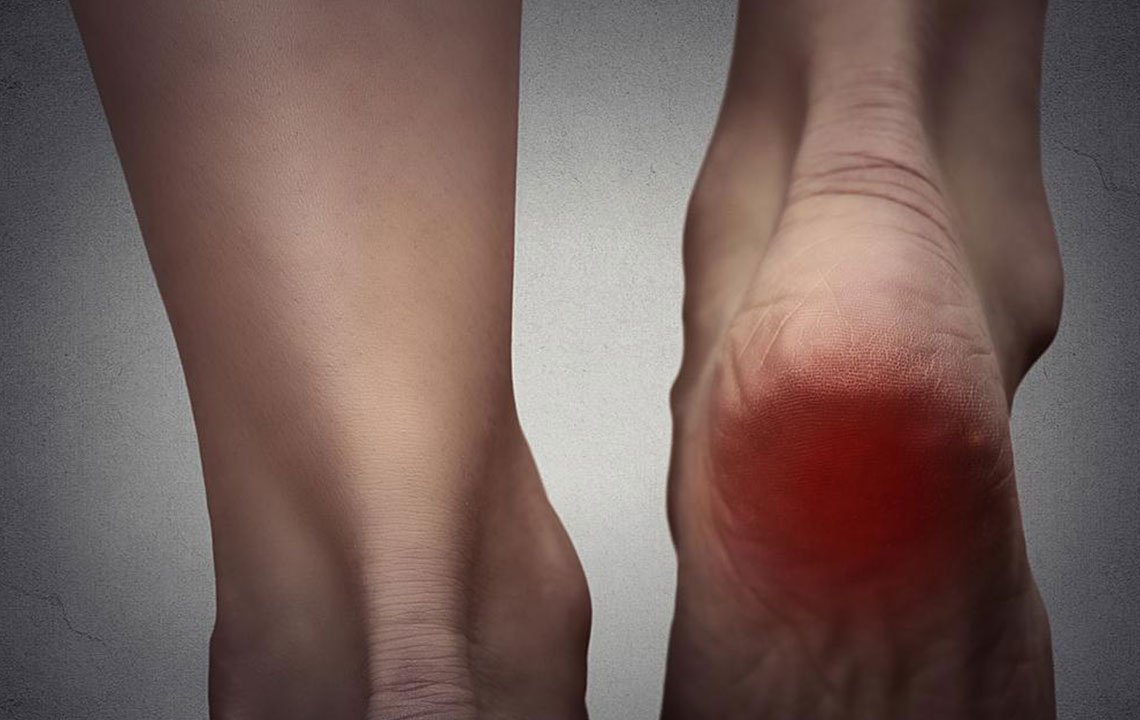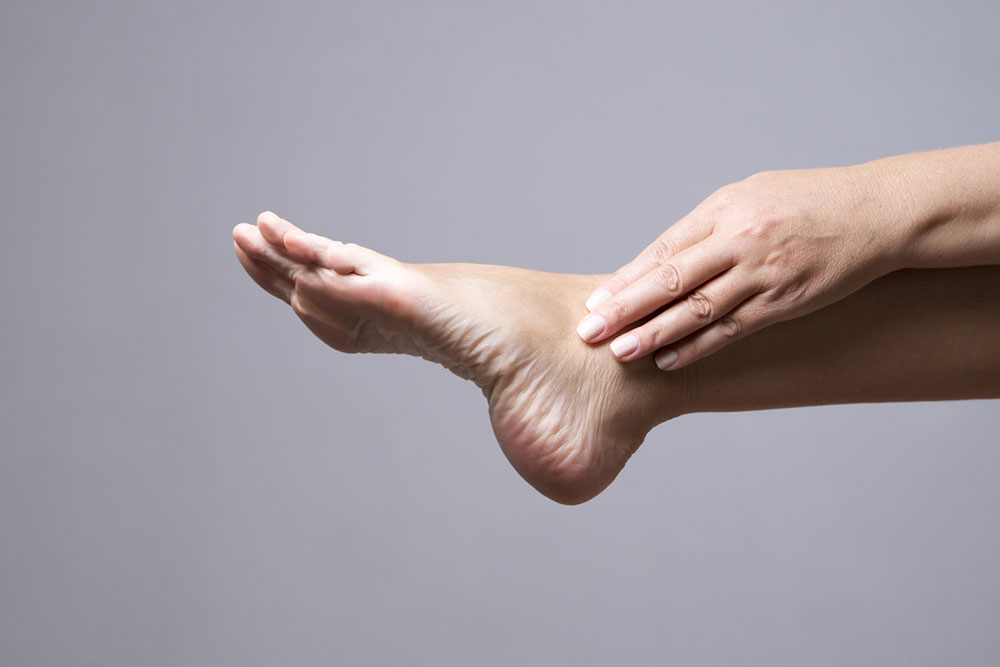Comprehensive Guide to Managing Persistent Burning Feet Sensations
Persistent burning sensations in the feet can significantly impact quality of life and may indicate underlying health issues like nerve damage or neuropathy. This comprehensive guide discusses symptoms, causes, diagnosis, and treatment options, including medical and home remedies. Managing underlying conditions such as diabetes and vitamin deficiencies is essential. Proper diagnosis through tests like EMG and blood work helps identify the root cause, guiding effective treatment strategies. Lifestyle modifications, supplements, and professional medical care are crucial for relief and long-term health management.

Comprehensive Guide to Managing Persistent Burning Feet Sensations
Experiencing a persistent burning sensation in the feet is a common health concern that affects a significant portion of the population worldwide. This uncomfortable feeling can range from mild tingling to severe burning pain, often prompting individuals to seek medical advice. Understanding the underlying causes of this condition is crucial for effective management and relief. In this detailed guide, we explore the common causes, symptoms, diagnostic procedures, treatment options, and preventive strategies to help individuals better understand and manage this irritating health issue.
The sensation of burning in the feet is often linked to nerve damage, particularly in the peripheral nerves that extend from the spinal cord to the extremities. This condition, known as peripheral neuropathy, is the most common cause, and understanding its mechanisms is vital for effective intervention. When nerve damage occurs, nerves may become hyperactive and transmit signals that are perceived as painful sensations, even in the absence of injury.
Individuals suffering from neuropathy often describe symptoms such as numbness, tingling, heightened sensitivity, and the persistent sensation of burning, which can significantly impair daily activities and quality of life. The severity of these symptoms can fluctuate, sometimes worsening overnight or in response to environmental factors.
Among the primary factors contributing to nerve damage and subsequent burning sensations are chronic health conditions such as diabetes mellitus, excessive alcohol intake, and certain autoimmune diseases. Proper management of these underlying conditions can greatly reduce symptoms and prevent disease progression.
Numerous other causes can contribute to or exacerbate burning feet sensations:
Chronic kidney disease, particularly when accompanied by uremia
Damage to small fiber nerves, which are responsible for pain and temperature sensation
Deficiencies in essential vitamins such as B12, folate, and B6, which are crucial for nerve health
Hypothyroidism, resulting in decreased metabolic function affecting nerve repair
Infections like Lyme disease, HIV/AIDS, and others that can attack nerve tissues
Genetic conditions such as amyloid polyneuropathy
Medication side effects, including those from chemotherapy drugs and certain antibiotics
Heavy metal poisoning, involving exposure to lead, arsenic, or mercury
Vascular inflammation such as vasculitis that impairs blood flow
Autoimmune conditions like sarcoidosis and Guillain-Barre syndrome
Chronic inflammatory demyelinating polyneuropathy (CIDP), an immune-mediated nerve disorder
Additional factors that may cause burning sensations include infections and inflammatory conditions such as athlete’s foot and other dermatological issues. Peripheral artery disease (PAD), characterized by narrowed arteries leading to reduced blood flow, often causes tingling, numbness, or pain, especially during physical activity like walking.
If symptoms persist for more than a week or worsen suddenly, seeking medical attention is essential. Healthcare professionals utilize diagnostic tools such as electromyography (EMG), nerve conduction studies, blood tests, and nerve biopsies to identify the precise cause of nerve damage. Accurate diagnosis is essential for selecting the appropriate treatment approach.
For diabetics, maintaining tight control over blood sugar levels through dietary regulation, medication, or insulin therapy can prevent or slow the progression of diabetic neuropathy. In cases of deficiencies, vitamin supplementation can help. Addressing other causes involves targeted therapies: dialysis for kidney disease, thyroid hormone replacement for hypothyroidism, and specific immunomodulatory treatments like intravenous immunoglobulin (IVIG) or plasmapheresis for immune-related neuropathies such as Guillain-Barre syndrome and CIDP.
Alleviating abnormal sensations and pain is the cornerstone of neuropathy management. Besides conventional medical treatments, several home-based remedies may provide symptom relief:
Soaking feet in cold water to reduce burning sensations
Applying apple cider vinegar to affected areas for soothing effects
Consuming turmeric mixed with water or as a supplement to promote blood circulation and reduce inflammation
Soaking feet with Epsom salts to relax muscles and nerves
While these remedies can offer temporary relief, they should complement, not replace, professional medical treatment. Consulting with healthcare providers for a proper diagnosis and tailored treatment plan is highly recommended to effectively manage symptoms and address the root causes of burning foot sensations.





